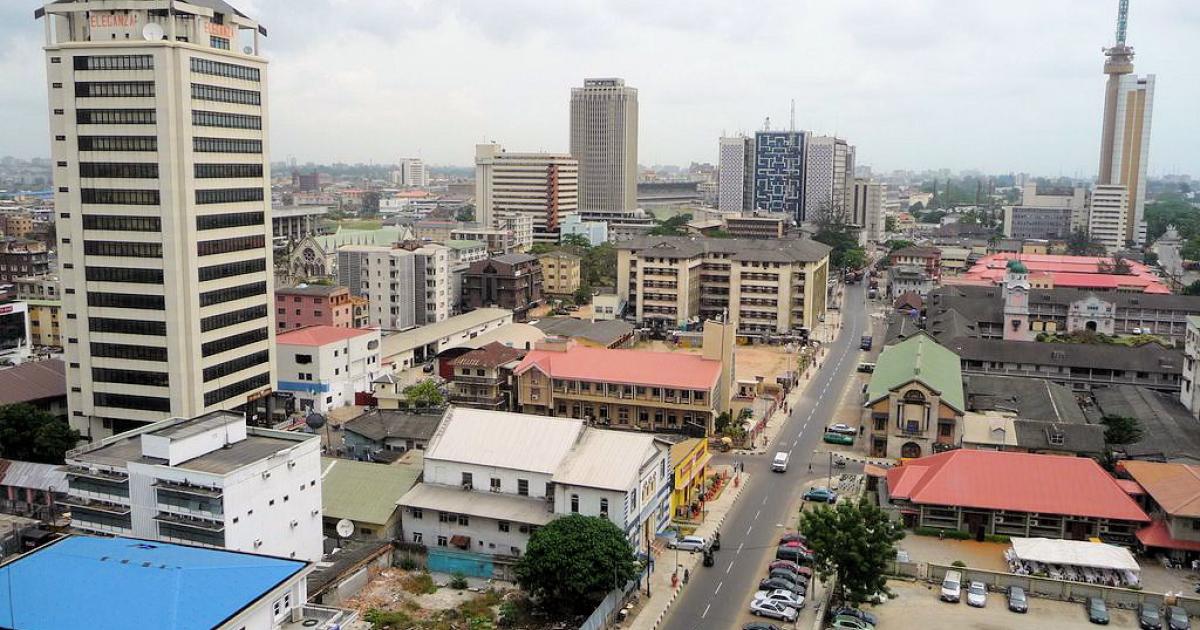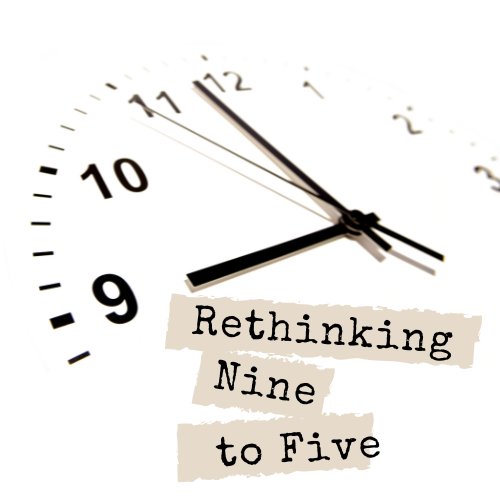Soft Life or Survival? The Realities Behind Nigeria’s Hustle Culture

Across Nigeria, a cultural phenomenon known as “hustle culture” has permeated society. From Lagos’ bustling commercial hubs to Port Harcourt’s oil towns, Kano’s markets, and Ibadan’s educational centres, young professionals are working multiple jobs, launching side businesses, and chasing the elusive “soft life.” Social media amplifies these ambitions, showing curated glimpses of luxury cars, foreign trips, and designer wardrobes.
For many young Nigerians, the line between soft life and survival is blurred. Social media paints the picture of effortless luxury designer clothes, flashy cars, international trips but behind the posts lies a more complicated reality. Most of these “soft life” moments are funded through multiple side hustles, loans, or remittances, meaning that the comfort on display is often strategically constructed rather than organically earned. While followers may see glamour and freedom, the reality for many is juggling long hours, multiple jobs, and financial uncertainty just to maintain appearances.
At its core, Nigeria’s hustle culture is less about indulgence and more about economic survival. With unemployment rates high and salaries often insufficient, young professionals are forced to diversify income streams to meet basic needs and secure a better future. The pursuit of the soft life becomes both a motivator and a coping mechanism, driving innovation, skill acquisition, and resilience. It’s a delicate balance between striving for visible success and navigating the practical realities of life in an economy where opportunity is limited, but ambition remains boundless.
Yet behind the glamour lies a gritty reality: rising unemployment, inflation, and unstable salaries have made hustling less of a choice and more of a necessity. The pursuit of the “soft life” often masks economic survival, resilience, and sheer creativity.
The Historical Roots of Hustle Culture in Nigeria
Hustle culture is not new; it has deep roots in Nigeria’s socio-economic history. From the informal trade networks in Lagos’ markets to the survival strategies of graduates in the 1990s economic downturn, self-reliance and side hustles have long been part of the national fabric.
Economic liberalization and the rise of the digital economy accelerated this trend. Young Nigerians are now digitally connected, aware of global opportunities, and inspired by stories of success from peers. The expectation to create wealth quickly, combined with limited formal employment, has intensified the pressure to hustle.
The Social Media Mirage

Photo source: Google
Social media platforms like Instagram, TikTok, and YouTube have transformed the perception of success. Influencers flaunt luxury lifestyles, designer brands, and exotic travel, creating a culture of comparison that can distort reality.
For instance, a 24-year-old content creator in Lagos may appear to be living lavishly, yet behind the posts, they might be managing multiple freelance gigs, loans, and side businesses to maintain appearances. This duality has fuelled the perception that the soft life is accessible to anyone, while in reality, it often requires strategic planning, skill, and resilience.
Digital platforms, however, are also tools for empowerment. Freelancers use Fiverr, Upwork, and LinkedIn to monetize skills, access global clients, and build professional portfolios that would have been unimaginable a decade ago.
Side Hustles: Between Survival and Ambition

Image source: Photo stock
Side hustles are the backbone of Nigeria’s hustle culture. Young professionals are diversifying income streams to combat economic uncertainty and build long-term wealth. Common avenues include:
Freelancing and digital services: Writing, graphic design, web development (Fiverr, Upwork)
E-commerce and reselling: Buying wholesale products and selling via Jumia or social media
Creative industries: Music, content creation, photography, and video production (YouTube, TikTok)
Consulting and small businesses: Offering professional services locally and online (Andela)
These hustles are often multi-layered, requiring excellent time management, networking skills, and constant adaptation to market demands. Lagosians juggling office jobs and side hustles exemplify this balancing act, while in Ibadan, graduates use digital platforms to escape limited local opportunities.
Economic Pressures Driving the Hustle
Nigeria’s youth unemployment rate, currently around 33%, is a key driver of the hustle. Inflation, high rent, and fluctuating exchange rates make traditional employment insufficient to cover living costs.
Even mid-level employees find themselves running side hustles to maintain a semblance of comfort. In Port Harcourt, many oil sector workers supplement income through real estate ventures, consulting, or online businesses. In Kano, market traders leverage social media to expand beyond local buyers, reaching customers nationwide.
The hustle, in many cases, is not a choice but a survival mechanism.
Psychological and Social Implications
While hustling can create wealth and opportunity, it comes with psychological costs. Long working hours, multiple income streams, and social comparison contribute to stress, burnout, and anxiety. According to WHO, youth in developing countries are particularly vulnerable to stress-related disorders in high-pressure environments.
Culturally, there is also tension. Parents and peers may pressure young people to secure stable office jobs, while society celebrates flashy, social-media-approved success. This duality can lead to feelings of inadequacy, even among highly productive individuals.
Success in the Hustle Era
The definition of success in Nigeria is evolving. The soft life is no longer purely about luxury, it now encompasses flexibility, autonomy, and self-reliance. Professionals are learning to value financial independence, skill acquisition, and personal growth over superficial appearances.
Mentorship programs and digital platforms such as Fuzu provide support for career transitions, skill-building, and scaling side hustles sustainably. These resources are helping young Nigerians transform hustle from necessity into strategic growth.
Policy, Infrastructure, and the Future of Hustle Culture
Government initiatives and private sector infrastructure are shaping the trajectory of hustle culture. Internet expansion by companies like Liquid Telecom and fintech solutions for payment and business management make side hustles more feasible.
The future of hustle culture in Nigeria will be influenced by digital literacy, access to capital, and supportive policies. Professionals who leverage technology effectively will define the next generation of success stories.
Conclusion
Nigeria’s hustle culture is a complex interplay of aspiration, necessity, and social perception. While social media glamorizes the “soft life,” the reality is that young professionals are navigating economic pressures, developing versatile skills, and building resilience.
From Lagos to Kano, Ibadan to Port Harcourt, the hustle is not just about making it, it’s about surviving, thriving, and redefining what success means in a country where opportunities are scarce but creativity and determination are abundant.
Hustle culture is both a mirror of Nigeria’s economic reality and a testament to the ambition of its youth, proving that freedom, resilience, and ingenuity are the real currencies of success.
Recommended Articles
There are no posts under this category.You may also like...
The Myth of Hard Work: Do You Really Need to Suffer to Succeed?

Do you really need to struggle to succeed? read about the myth of hustle culture, revealing why hard work alone isn’t en...
Tech Beyond Lagos: Smaller Cities Are Becoming Africa’s Next Innovation Hubs

From Ibadan to Kigali, Africa’s tech future is breaking free of big-city limits. Smaller cities are rising as innovation...
Lagos on the Global Stage: What Hosting E1 Means for Nigeria’s Sporting Identity

Lagos welcomes its first-ever all-electric E1 powerboat race, marking a milestone for sustainable sport in Africa. Can t...
Soft Life or Survival? The Realities Behind Nigeria’s Hustle Culture

Is Nigeria’s hustle culture fuelling dreams or masking economic survival? Social media shows “soft life,” but reality te...
The Growing Wave of Professionals Leaving Office Jobs for Freedom

"Is the 9-to-5 dying in Africa? Professionals from Lagos to Lusaka, Dakar, and Addis Ababa are betting on freedom"
Laboratory-Grown Meat: The Future of Food or a Threat to Health and Tradition?

Lab-grown meat promises eco-friendly farming, animal welfare, and food security, but raises fears about health risks, cu...
Bameyi's Last-Gasp Heroics: Flying Eagles Soar into U20 World Cup R16 After Colombia Draw!

The Nigerian Flying Eagles have secured their place in the 2025 FIFA U20 World Cup round of 16 following a 1-1 draw agai...
Unbelievable Cinema: The 'Godzilla' Rip-Off That Fooled North Korea and Secured Hostage Release

Discover the incredible story behind North Korea's monster movie, <i>Pulgasari</i>, a film born from Kim Jong-il's cinem...
